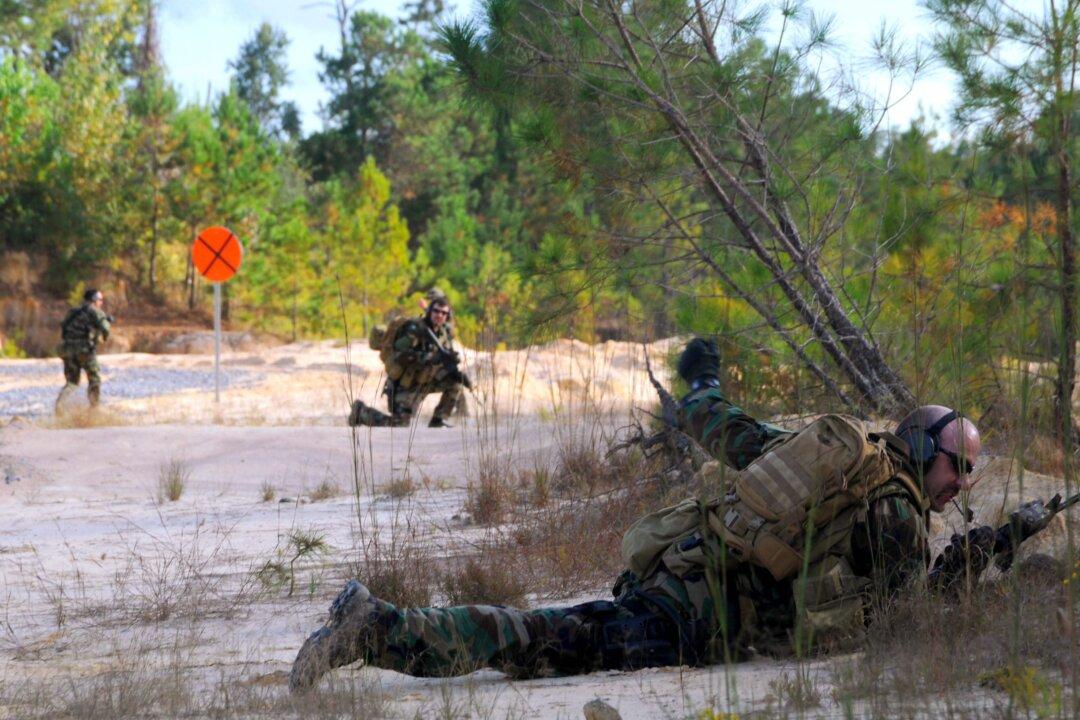Two U.S. Navy SEALs went missing off the coast of Somalia last week while on a mission to board a ship suspected of carrying Iranian weapons for Houthi-controlled Yemen, according to a defense official.
U.S. Central Command (CENTCOM) said on Jan. 13 that search and rescue operations had been launched to locate two U.S. Navy sailors who went missing during operations on Jan. 11.





